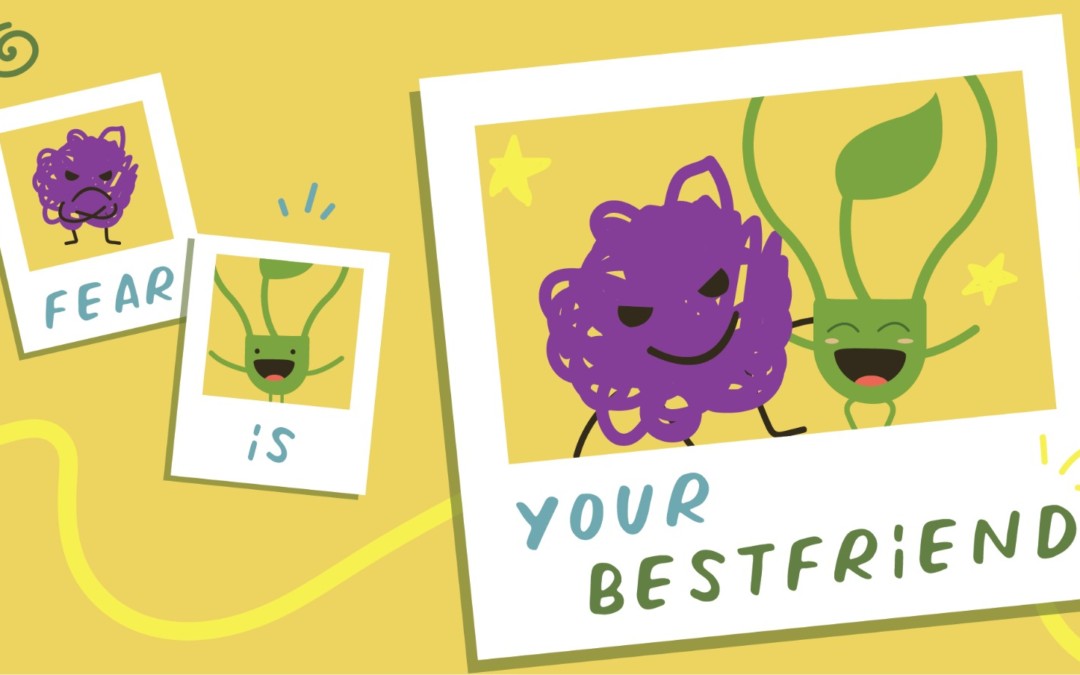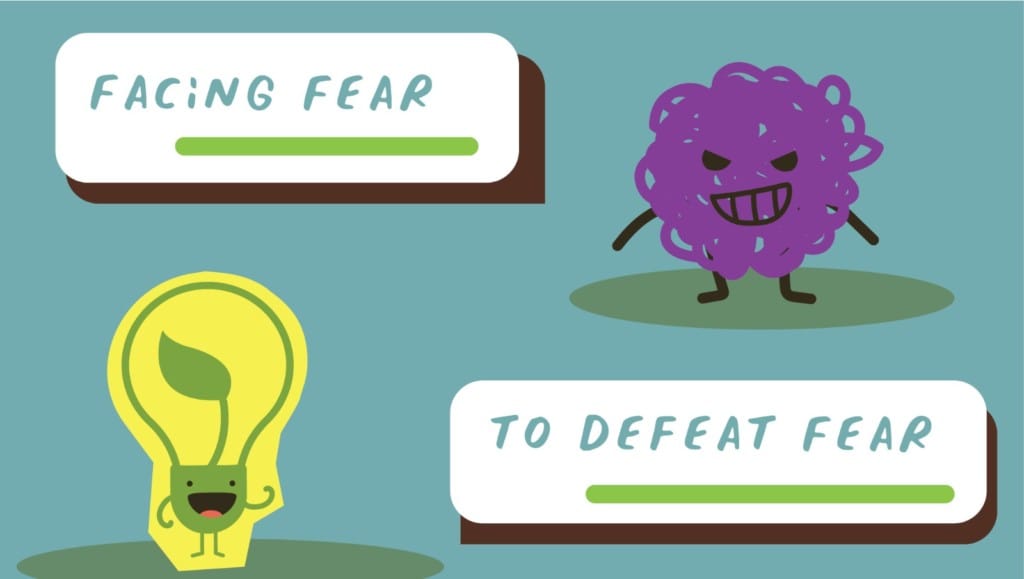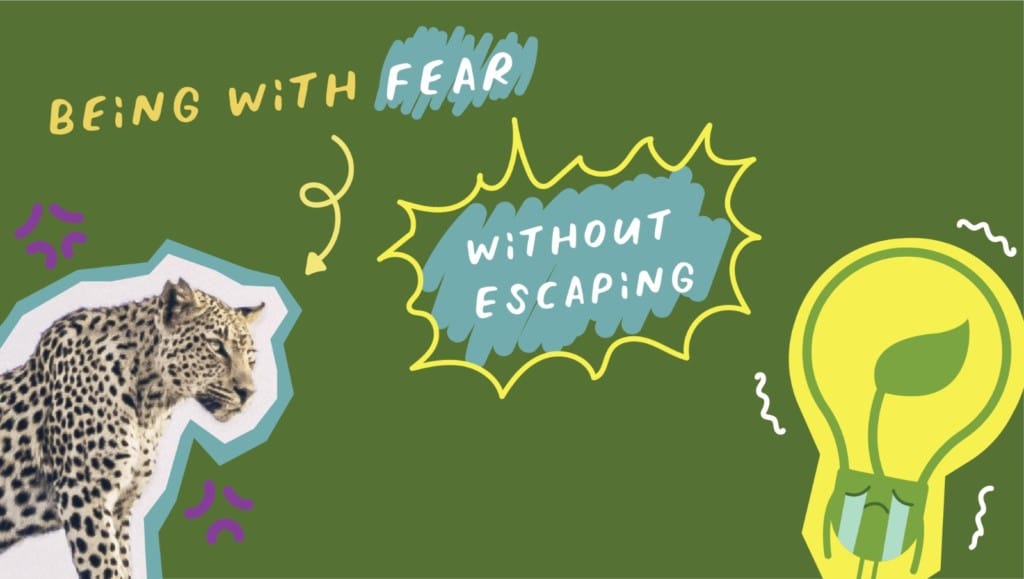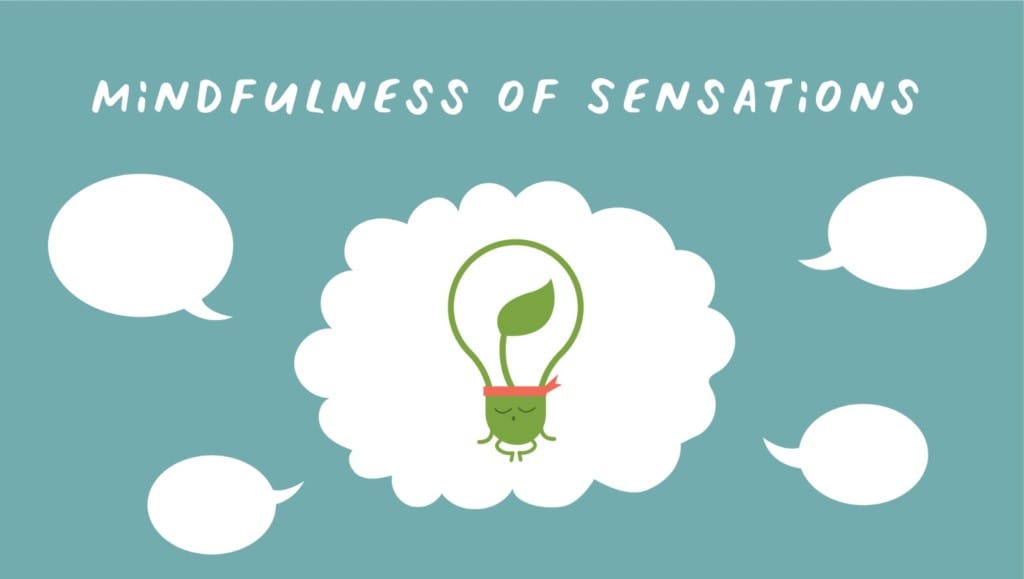
Why Fear Is Your Best Friend
TLDR: Fear can have a debilitating effect on our mind and body. But instead of habitually running away from fear, we can use it as a tool for mindfulness and transcend it.
All of us have fears. The most primal fear of a human and an animal is the fear of death. There are more conditions leading to the feeling of fear for humans compared to animals. Animals do not carry fear around as humans do. Humans can fear spiders, being in tight spaces, fear heights – and we can imagine these things. We picture our boss berating us if we fail to bring a project to fruition, to fearing our spouses because we are unable to meet their expectations. We even fear seeing doctors in case there is bad news regarding our health. All of these fears can manifest without the situation unfolding the way we imagine it.
Fear is indeed a monster because we can easily manifest it. But fear can also become our best friend if we know how to use it.

Facing Fear to Defeat Fear
You might ask, why do we want fear as a best friend? It is a really unpleasant feeling. The answer is straightforward. Fear is indeed an unpleasant feeling. It makes our legs shake and our hearts jump. It makes us think and behave irrationally.
We have tried many times to beat fear by distraction and avoidance but it comes back. Thus, the only way to defeat fear is to face it.
The only reason you would want to face fear is because you are aware of the effects it brings. You are tired of having fears. Also, you could be a mindfulness practitioner who would like to see your emotions for what they are so as to transcend them (transcending is not getting rid of them but letting them go).

Being with Fear without Escaping
If we were to see a leopard not far away while jogging in a park, it makes sense to avoid the leopard. It also is perfectly normal for the emotion of fear to arise. As a city dweller, there are almost no opportunities to spot a leopard while jogging in a city. So it is safe to say most of our fears come from thoughts and anticipation of a situation we dislike. What matters is what we do when the feeling of fear arises.
When we feel tightness in the stomach, weakness in the legs, and a cold sensation running through our hearts, we know that fear is here to visit. Instead of trying to stop these sensations by distraction or allowing it to take over us, we could treat fear as a process of sensations running through the body.
It does take some courage to see the sensations of fear because we have spent countless times running away from fear rather than seeing fear. There are three things that could help you understand fear by watching fear run through the body.
As it is an energy that takes up resources in the body, you may feel the body fully relaxed after the sensations of fear have subsided.
The next thing you might come to understand is that fear is not here to stay. It is impermanent. So instead of suppressing it, you just let it pass. The third insight you may have of watching fear is that what makes the sensations scary is your thoughts about it. By just watching it and not thinking about it, you may realise fear is just like any sensation in the body – just more pronounced with some distinct features.

Mindfulness of Sensations
Unfortunately, just watching fear once or twice does not allow you to transcend it. But instead of escaping from it, you might begin to welcome it, even if you are still afraid. That is because only with a strong sensation such as fear or pleasure can you investigate your emotions for what they are. These two emotions make us lose our minds. Fear makes us run like fugitives, pleasures make us crave like slaves.
When one is truly tired of being a slave or a fugitive, would the effort be aroused and make one brave enough to watch these sensations and not succumb to them. When these sensations arise, we also learn how our thoughts shape these feelings and finally find the way to let go of them. To truly let go is to be mindful as often as we can in daily life and to repeatedly see the process of sensations that we crave and reject for what they are.
Wise Steps:
- When we feel the sensations of fear, be with it and don’t run away.
- Fear is impermanent, it passes away.
- See the process of fear run through your body and check your thoughts.
- You may realise it is your thoughts that make fear as fear. Without thoughts of aversion, fear is just a sensation.
